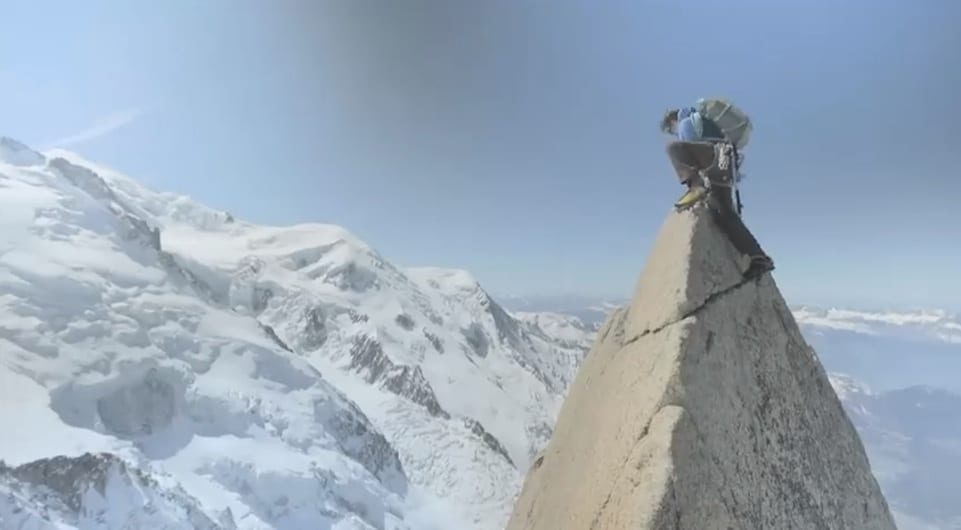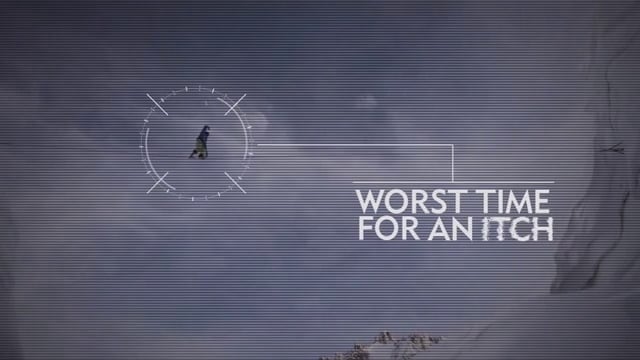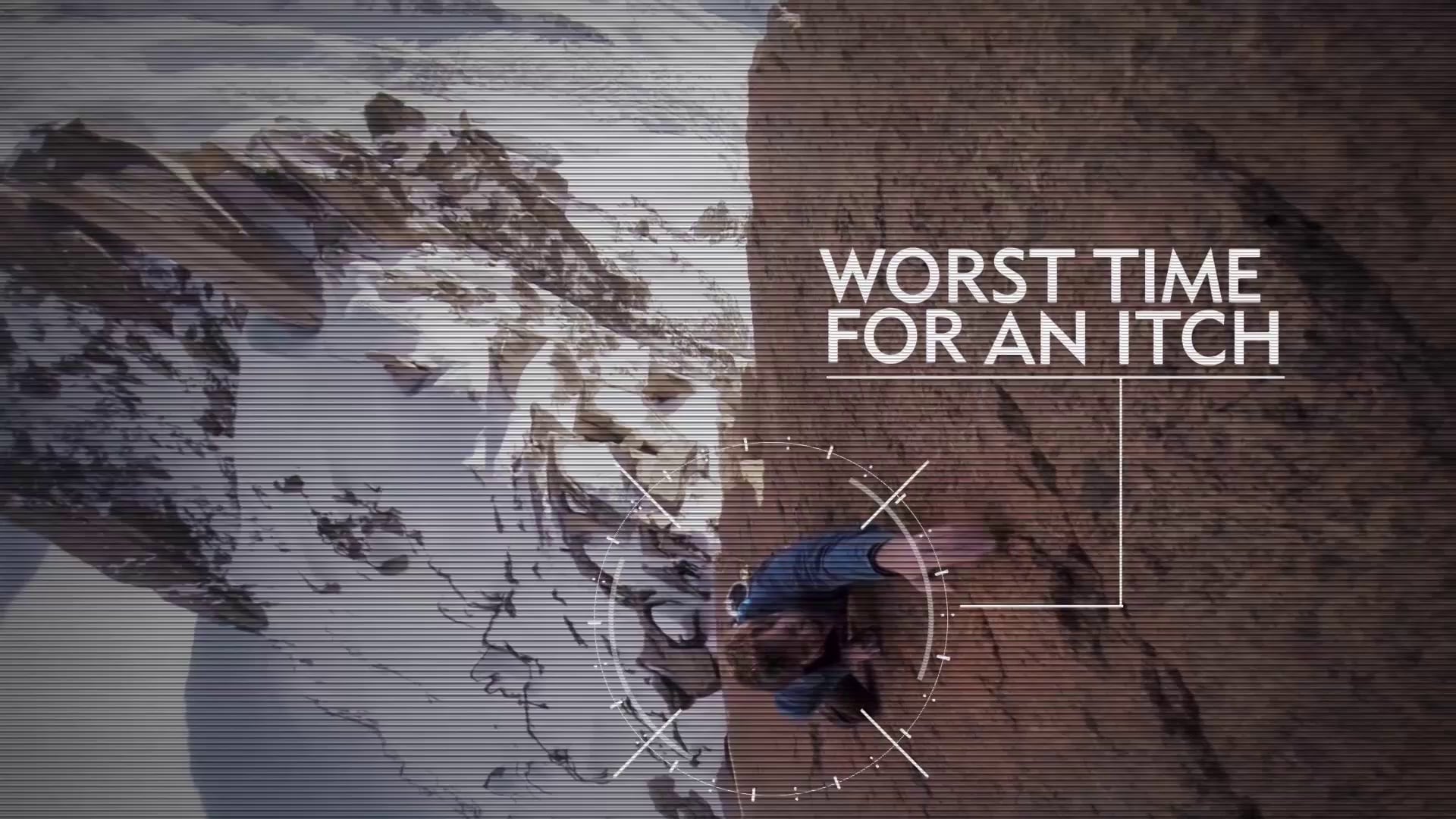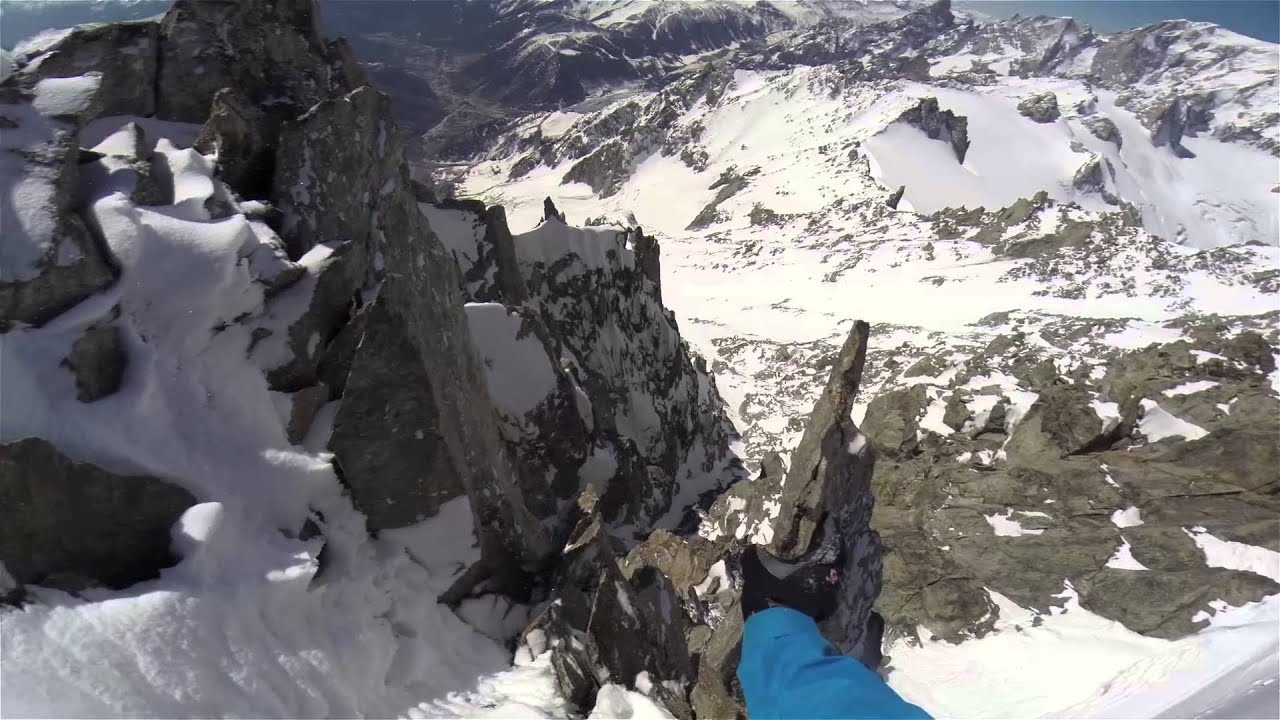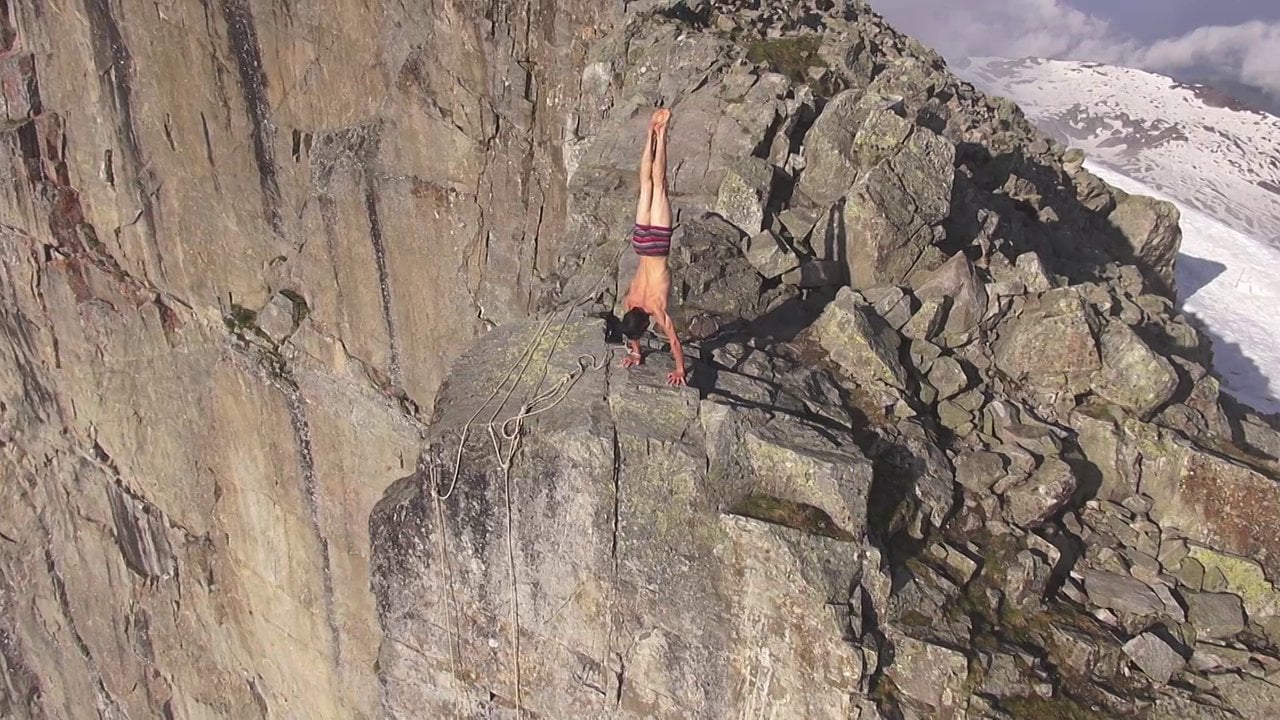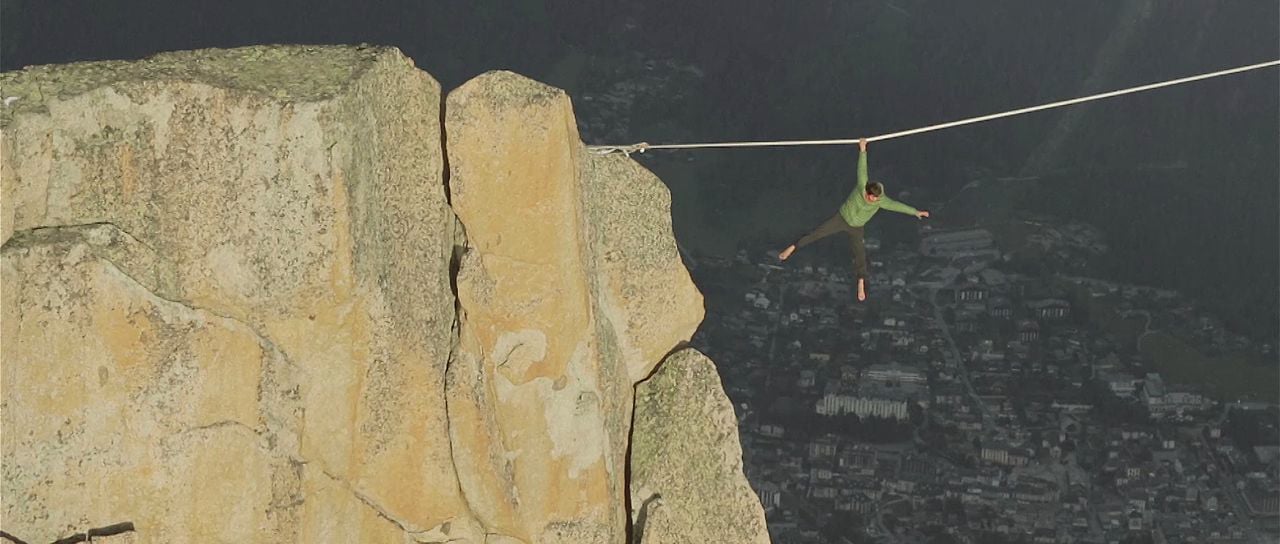You were brought up in the French Alps and being in the mountains must literally be second nature to you. How would you describe your childhood?
We spent a lot of time outside – growing up ski and snowboard racing, and doing rock climbing competitions which led me to getting qualified as a mountain guide quite young. We lived in the French Antilles for a few years also, and lived almost completely outdoors. Being active and loving nature was a big part of our lives.
Please tell us how your filmmaking began and evolved. Did you go to film school or are you self-taught?
I started by filming my clients when working as a mountain guide, and then I started doing a series of ‘snow reports’ filming ski and snowboard days out with friends, and turning it into a small report on local snow conditions. From that I got contacted to do my first commercial jobs.
I’m entirely self-taught – I learned a lot from the internet, from watching lots of clips and films, and from trying things out myself.
You film people doing crazily dangerous pursuits and yet it must be just as dangerous for you. How much risk are you willing to undertake for the sake of a film? And what has been your most hair-raising experience?
Sometimes when I watch the footage back it can be a bit scary… at the time I’m concentrating so much and I’m very focussed on what I’m doing.
It’s pretty calculated in terms of the risks – we plan things a lot when it comes to filming with the different athletes, and none of the people I film take unnecessary risks. It’s hard to explain really, but these athletes aren’t adrenaline junkies just trying to do crazier and crazier things.
It’s a lot about looking at the conditions and being able to react if the conditions change. My way of filming is to be very discreet so the athletes do what they would do normally and I just film what happens. In all of these sports, concentration is super important so I don’t want to interrupt that.
Most of these things would happen or be done whether I’m filming or not – so things are more exhilarating than hair-raising. It’s amazing to see what these people are capable of.
What equipment do you use filming in such freezing conditions and do you have a favourite camera and lens?
I use canon DSLR bodies (1DC and 5D MkIII) and GoPro POV cameras mainly.
The situation determines which camera I use – on expeditions and difficult mountain locations it’s important to be really light. On the latest expedition in Alaska with Kilian Jornet, all filming (for a film to come out later in the year) was on GoPros and iphones. On commercial shoots the 1DC is amazing for shooting in 4k. My favourite lens is probably my 14mm – I love the type of image you get shooting people close-up.
Any special tips for wannabe filmmakers in these climatic conditions?
Don’t be afraid to get your equipment out and shoot as much as possible. The only way you can really learn is to shoot, shoot, shoot. If you have an expensive camera it’s worth getting it weatherproofed if you’re going to be filming in bad weather.
And have plenty of batteries and storage.
You sometimes edit your own work into visual narratives that connect with the viewer. How has this skill evolved? How do you discipline yourself to cut what surely must be stunning footage?
My passion is storytelling really, more than filming extreme sports. There’s so much extreme sports footage out there now, for me there has to be a story to tell. I watch a lot of films and other people’s work and get different ideas. But cutting things out is one of the hardest things when editing a film. That’s when the couple of people I work with help – they have less attachment to the images, and can cut things out that don’t work so well. But they have to do it when I’m not around normally!
How does the creative and film process work with clients – for instance the Nivea Men and Paul Smith films? Do they allow you complete creative freedom or is their quite a tight script to follow?
For extreme sports you can’t script things – or at least not if you want it to appear authentic. It depends on the client – with Nivea there was quite a tight brief which evolved slightly through the process, Paul Smith left us to it after we had agreed an initial storyboard. Communication with clients is really important here, and it’s really important to have an on-going open dialogue with clients. Sometimes I’m in contact with the client, and sometimes it’s one of my team.
What is your favourite part of filmmaking?
Not sure – as I love all of it. I love shooting, and finding new ways to film things… but I also really like editing and putting a story together. More recently we have screened some of our films in cinemas and seeing how people react to the films is also really fun. But trying a new technique and seeing the results when it works is a really fun experience.
Do you only shoot in the French Alps or do you film in other locations as well?
I film a lot in the alps as that’s where I live, but I’ve filmed in a lot of different places, and in cities too: Spain, Italy, Norway, South Africa, Russia, Alaska. With Kilian Jornet’s project, there is a series of expeditions to different places which continues later this year.
What do you do during the summer?!
Well, film – a lot. I have a lot of work on commercial projects this summer and spend time with my wife and two girls. And I try to get into the mountains running as much as possible.
Anything else you’d like to share?
Watch out for more projects coming soon with some of our favourite athletes – get all the latest news on www.sebmontaz.com or join us on facebook or youtube.
LINKS
